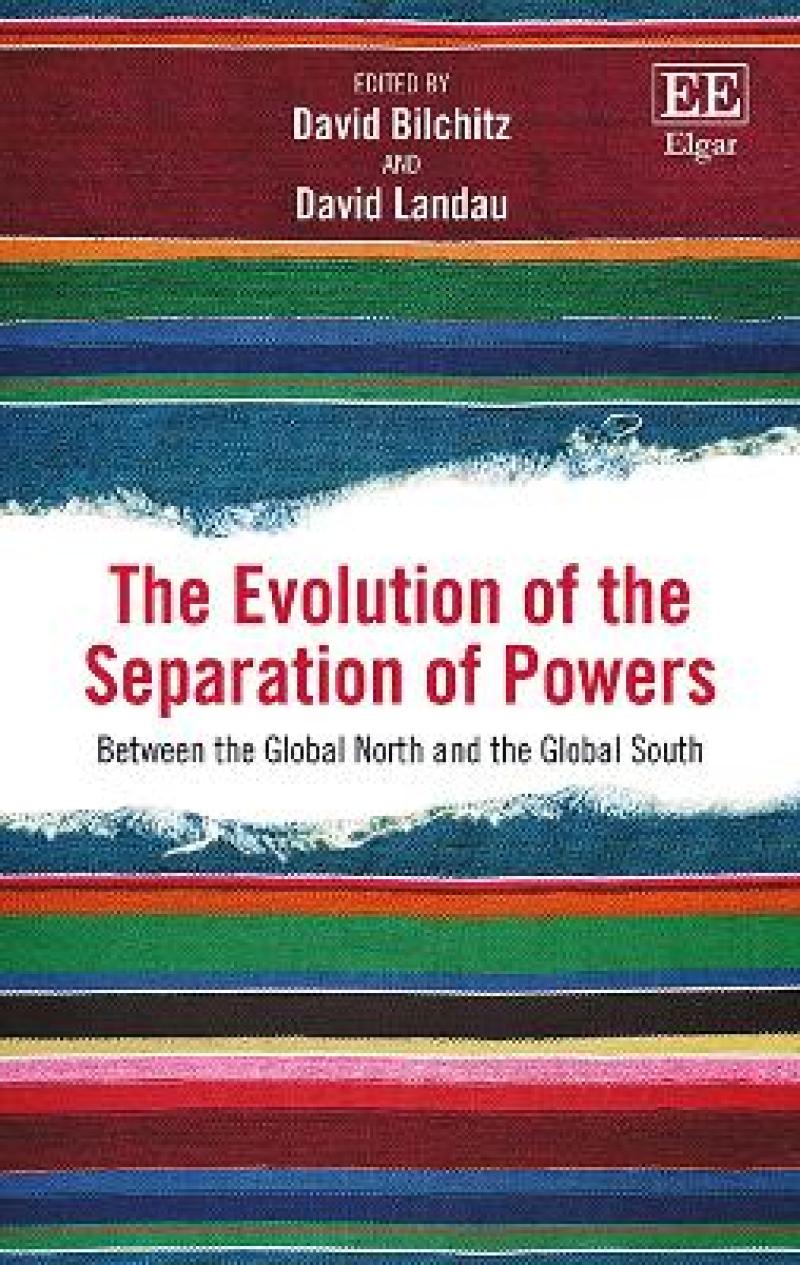<i>'This volume subjects a central tenet of constitutional theory - separation of powers - to a searching analysis in comparative perspective. The essays offer rigorous analysis and fresh perspectives. The volume's attention to the constitutions of the global south is an especially welcome and important addition to the comparative constitutional scholarship.'</i><br /> --Adrienne Stone, The University of Melbourne, Australia<p><i>'The separation of powers is one of the most central and familiar concepts in constitutional law. Yet it is surprisingly under-studied from a comparative perspective: by engaging some of the world's leading comparative constitutional scholars on the topic, this volume thus provides a highly timely and valuable contribution to the existing constitutional literature. In doing so, it also points to new and exciting possibilities about what re-imagined separation of powers understandings might look like - i.e. how in countries in the Global south in particular, recent decades have seen the growth of new institutions and institutional relationships that may well redefine how we ultimately understand the pre-requisites for democracy, the rule of law and basic government accountability.'</i><br /> --Rosalind Dixon, University of New South Wales, Australia</p>
By engaging widespread comparative experiences from Malawi, to Colombia, Mexico to South Africa, Hungary to the United States of America, this examination of the doctrine of the separation of powers takes into account important recent changes in constitutional design and practice, including the wide-spread inclusion of socio-economic rights, the creation of independent bodies outside the traditional structure, the growth of executive power, and the crisis of legislative legitimacy. It also considers the extent to which this re-framing should be confined to the emerging democracies of the global south or whether it can be applied more widely across all constitutional systems.
This comprehensive study will be of interest to academics conducting research in comparative constitutional law, students of comparative constitutional law, and constitutional and political theorists as well as constitutional judges and designers.
Contributors include: D. Bilchitz, D. Bonilla, V. Jackson, R.E. Kapindu, D. Landau, F. Mohamed, J.M. Serna de la Garza, R. Uitz
